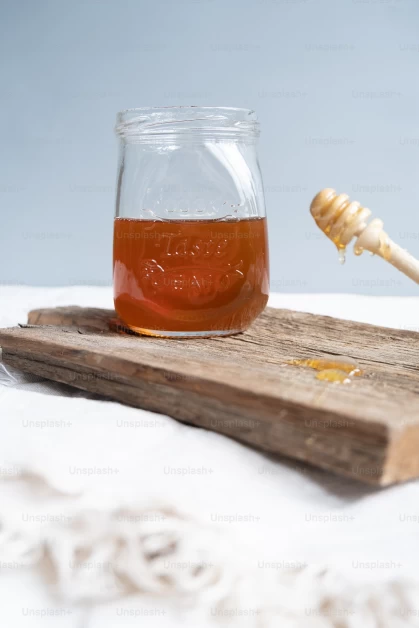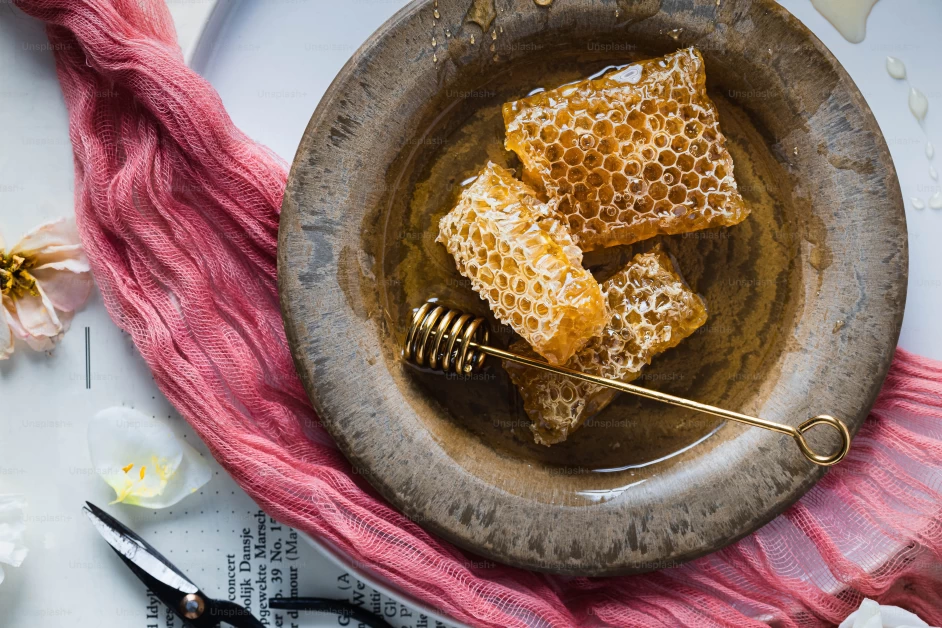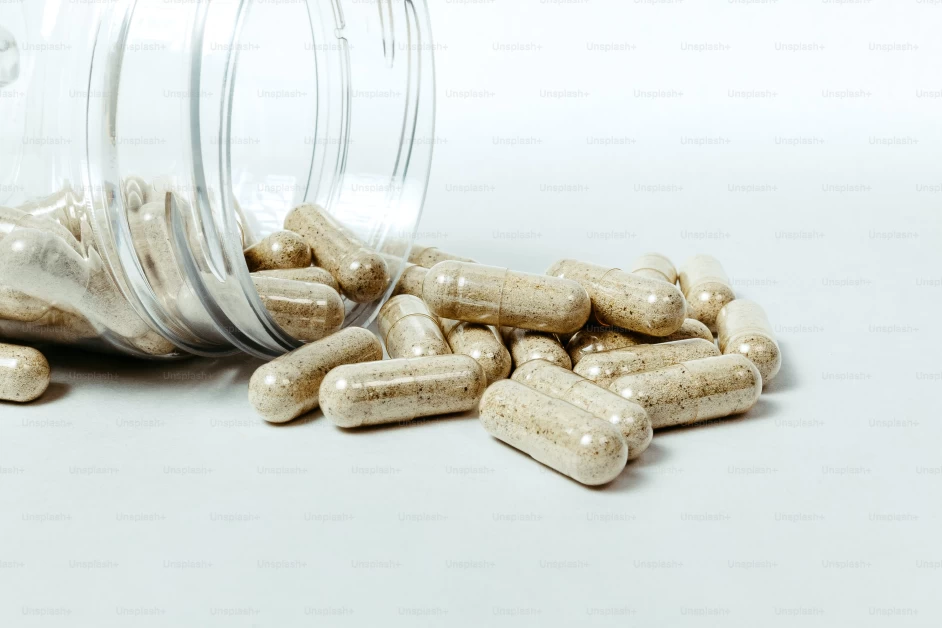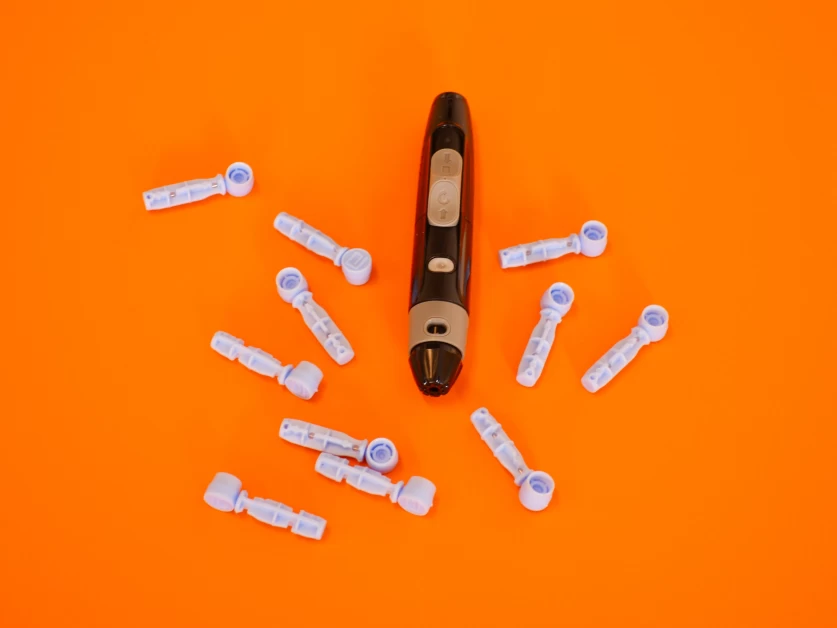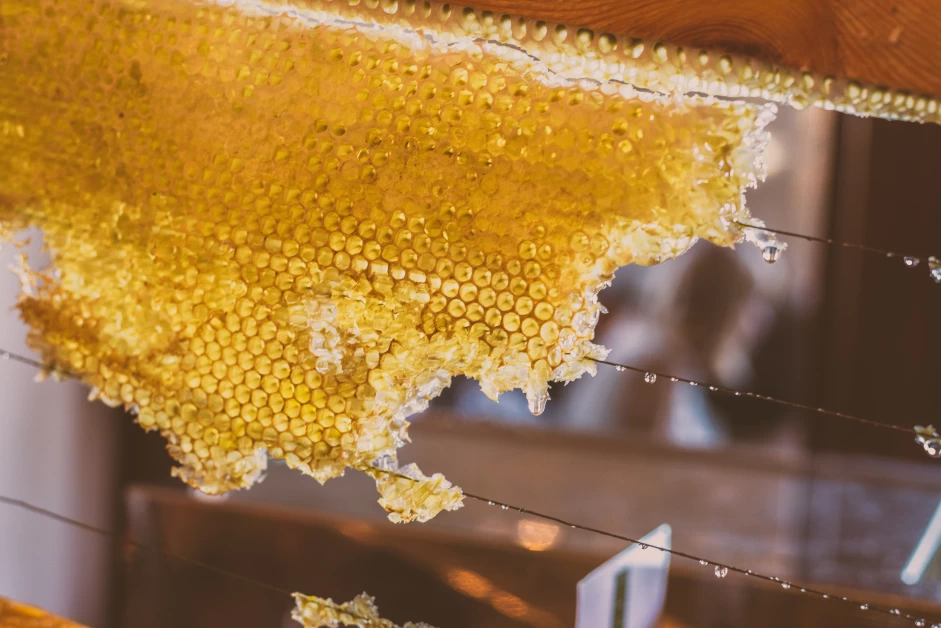Table of Contents
Honey is a natural energy source that has been used for centuries by endurance athletes, gym enthusiasts, and sports players. It is rich in unrefined sugars like fructose and glucose, which are easily absorbed by the body. In fact, honey has been used as an energy supplement since ancient Greece, where Olympic runners consumed it for its benefits ^1^.
The Composition of Honey
Honey is made up of organic compounds, including natural sugars (80%), water (18%), protein (2%), minerals, vitamins, and pollen ^2^. These components have no adverse effects on the body, making honey a great alternative to synthetic supplements that can be damaging when used for prolonged periods.
Honey and Athletic Performance
Research conducted by the University of Memphis Exercise and Sports Nutrition Laboratory has shown that honey is one of the best carbohydrates to consume before exercise ^1^. Just one teaspoon of honey contains approximately 7 grams of carbohydrates, primarily glucose and fructose. These sugars are commonly found in commercial energy enhancers but honey is a natural product without any artificial additives.
The National Honey Board has presented findings from clinical trials that compared honey to other commonly used carbohydrates by athletes ^3^. The trials showed that honey performed as well or even better in several categories. It caused only slight increases in blood sugar and insulin levels, making it superior to dextrose and maltodextrin. Additionally, a honey-sweetened protein shake was the only drink that maintained blood sugar levels for two hours post-exercise. In a trial with competitive cyclists, honey significantly enhanced power and speed compared to a placebo. Overall, these findings suggest that honey can be an efficient pre-exercise energy source without the risk of hypoglycemia and can boost endurance exercise capacity.
The slow release of sugar into the blood and the longer digestion time of honey contribute to its ability to improve endurance exercise capacity. Compared to pure glucose, honey provides a sustained energy boost that lasts longer, enhancing performance.
A study on the effect of honey supplementation on exercise has found that honey ingestion has a similar effect on exercise performance, fatigue perception, blood glucose concentrations, and immunological responses when consumed immediately prior to and/or during exercise. It may even have some positive influence on these factors. When consumed over several weeks, honey may attenuate the immune perturbations typically associated with moderate-to-intense exercise ^4^.
Does Manuka Honey Give You Energy?
Manuka honey, like other types of honey, provides a shot of pure energy. It is primarily made up of glucose and fructose, which deliver both short-term and long-term energy. Glucose is quickly absorbed by the body and caters to short-term energy needs, while fructose has a prolonged effect on sugar levels, providing sustained energy. Consuming Manuka honey can give you a more sustained energy boost without the crash.
Benefits of Manuka Honey as a Sports Fuel
Manuka honey offers various benefits as a sports fuel due to its rich composition. These additional benefits align with fitness and can help you achieve your health goals compared to other energy supplements.
Gut Regulation
A healthy gut is crucial for normal body functions and is integral to sports performance. Manuka honey has powerful antimicrobial properties that can help improve your gut function.
Anti-inflammatory Properties
Manuka honey contains multiple essential amino acids that are known to reduce inflammation. This can be beneficial for muscle recovery and repair, especially after intense workouts and competitions.
Minerals and Vitamins
Manuka honey is rich in minerals and vitamins such as calcium, magnesium, zinc, copper, potassium, and B, C, and K vitamins. These compounds are essential for athletic performance.
A study conducted at Oregon State University found that athletes who lack B vitamins may perform worse during high-intensity exercise and have a decreased ability to repair and build muscle ^5^. Manuka honey contains multiple B vitamins and other minerals, which can aid in the recovery process and improve performance ^6^.
When to Eat Manuka Honey for Athletes
According to scientific studies, raw honey is an excellent way to restore depleted glycogen levels in athletes ^7^. As a pre-workout snack, consume Manuka honey approximately 30 minutes before exercise. This allows your body enough time to synthesize and absorb the energy.
As a post-workout snack, mix 2-3 teaspoons of raw Manuka honey in water and consume it after competing or finishing a training session. This will provide your body with about 20 grams of simple carbohydrates.
There is no right or wrong way to consume Manuka honey for maximum benefits. Some suggestions include:
- Adding a tablespoon of Manuka honey to your smoothie.
- Spreading Manuka honey on toast for a quick pre-workout snack.
- Making a Manuka honey-lemon tea.
- Creating a post-workout recovery fruit bowl with Manuka honey.
Conclusion
Manuka honey is a natural and cost-effective energy boost for pre-workout, endurance sports, and post-workout recovery. It serves as a healthy alternative to commercial energy enhancers and offers additional health and wellness benefits.
With no known side effects, Manuka honey may be worth considering and incorporating into your exercise routine. For good quality Manuka honey, we recommend trying either our 350+ MG or 550+ MG Manuka honey as a starting point.
Bees & Trees honey is crafted by a small team of dedicated apiarists in New Zealand’s Taranaki Region who are committed to offering the most delicious and pure Manuka honey available in the world.
FAQs
How should you use Manuka honey for energy?
Use Manuka honey just like any other energy enhancer. It takes approximately 15 minutes to reach your muscles after consumption, similar to a sports gel.
How much Manuka honey should runners consume for energy?
Many runners require 30-60g of carbs per hour to maintain their glycogen levels. Since one tablespoon of honey contains 17g of carbs, consuming 2-3 tablespoons every hour should provide enough fuel.
[Reference]
